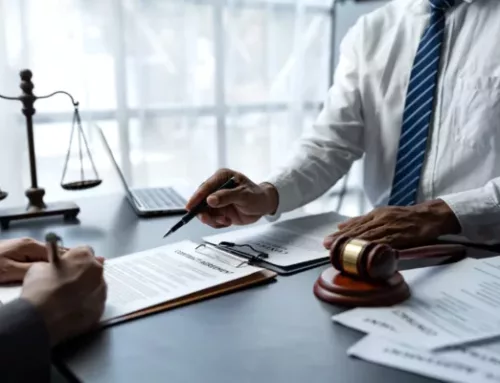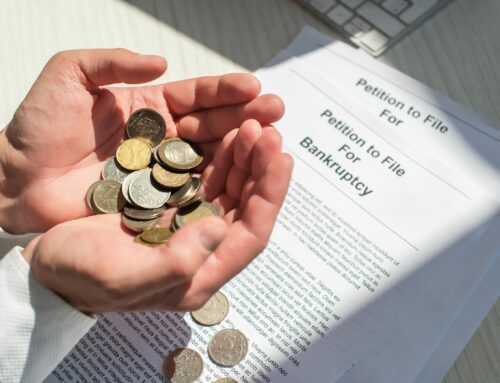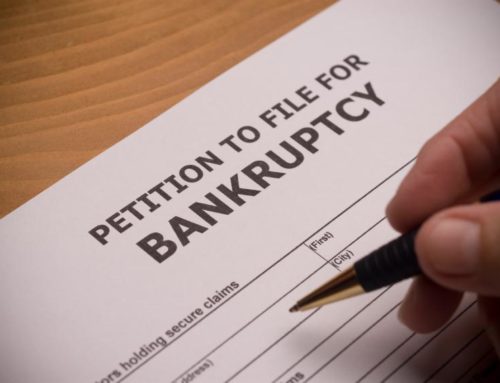Declaring bankruptcy is often seen as a last resort by people seeking debt relief. Those familiar with the bankruptcy discharge, however, have an idea of how a bankruptcy filing allows for a fresh start at life without having to pay back every single cent owed to lenders. While not in an absolute way, a bankruptcy case can allow a filer to wipe out dischargeable debts. Individuals planning to file for bankruptcy must first be aware of essential bankruptcy information, which includes what it means to discharge debts.
After filing Chapter 7 or Chapter 13 bankruptcy cases, bankrupt individuals look forward to the court order that officially releases them from specific types of debt. If you file bankruptcy under Chapter 7, the discharge is granted roughly four months after the bankruptcy petition. That is if no objections are filed. Meanwhile, in Bankruptcy Chapter 13, the discharge may be given once the debtor completes all monthly payments specified in the payment plan, as approved by the bankruptcy court.
Bankruptcy discharges prohibit debt collectors from asking for repayment for your outstanding debts. If what you owed from a certain lender has been discharged, you would not have to repay him or her, without the risk of getting sued. An experienced bankruptcy lawyer can provide legal help and advice to you on how to maximize this situation.
 If you filed for bankruptcy and all paperwork is accomplished, you may be eligible to have medical debt, credit card debt, unsecured debt, and certain tax debt discharged. In contrast, there are types of debt that, under bankruptcy law, will likely not be discharged.
If you filed for bankruptcy and all paperwork is accomplished, you may be eligible to have medical debt, credit card debt, unsecured debt, and certain tax debt discharged. In contrast, there are types of debt that, under bankruptcy law, will likely not be discharged.
When filing for bankruptcy under Chapter 7, non-dischargeable debts include most secured debts, student loans, criminal fines, and penalties, alimony, and child support. Meanwhile, when filing bankruptcy under Chapter 13, these include student loans, criminal fines and penalties, alimony, child support, certain tax debt, and debt that resulted from DUI personal injury.
Under relevant bankruptcy laws, debt from fraudulent activities, and judgment from the civil court could be discharged depending on the specific circumstance. That is unless the creditor concerned files a motion requesting that it be declared otherwise.
When you do declare bankruptcy, the discharge notice will be sent to your creditors and trustee. At this point, you should stop receiving calls from lenders or debt collectors. A secured creditor, however, could repossess your home, vehicle, or other personal property when filing Chapter 7. Your would-be bankruptcy attorney can explain how you can avoid foreclosure and repossession through a Chapter 13 bankruptcy proceeding, albeit with disadvantages.
While a declaration of bankruptcy can be a complex legal issue, the tedious bankruptcy process has allowed a lot of individuals to get back on track financially. A good local attorney can help you with how to file, specifics of the bankruptcy procedure, and what you should look forward to after bankruptcy. Contact us at Thomas E. McIntire and Associates, LC for assistance.





